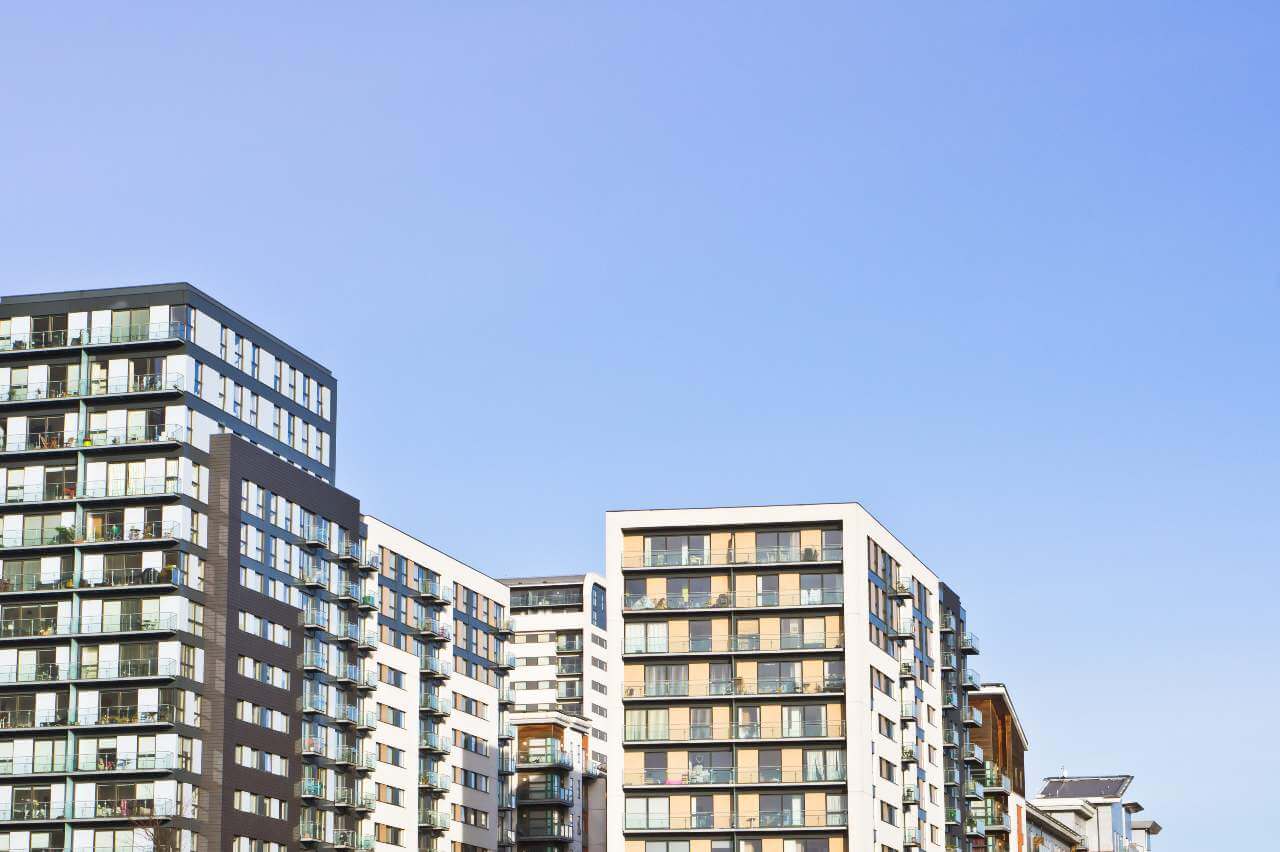In a previous update we speculated that the end of the road was approaching for the leasehold system of ownership tenure in England and Wales – at least in a residential context or in a mixed-use context with a high proportion of leasehold ownership. However, despite the previous claims of Michael Gove, the Secretary of State for Levelling Up, Housing and Communities (LUHC), that the leasehold system of home ownership is “an outdated feudal system” it appears to have been reprieved – for apartments but maybe not for houses – and will survive, at least until the next General Election.
No ban on leasehold houses – yet…
The Leasehold and Freehold Reform Bill was introduced into Parliament on 27th November 2023 and had been expected to include a ban on the sale of new leasehold houses. This provision was omitted but it now appears that this omission was accidental and that it will have to be included as an amendment as the Bill progresses through Parliament.
The Bill does contain a large number of reforms which the Press Release issued by LUHC claims represent “the most significant reforms of the leasehold system for a generation.”
Liberation day for leasehold homeowners!
The Bill is presented as heralding a “Liberation Day” for leaseholders by strengthening existing, and introducing new, consumer rights for leasehold homeowners by:
- Removing the requirement for the leaseholder of a flat to have owned their property for at least two years before they can extend their lease, and the leaseholder of a house to have owned their property for at least two years before they can extend their lease or buy their freehold
- Increasing the standard lease extension term to 990 years for houses and flats (up from 50 years in houses and 90 years in flats) with the ground rent reduced to a peppercorn on payment of a premium
- Extending the scope of the right of leaseholders to take over the management of mixed-use blocks and to enfranchise by buying the freehold to include those blocks where up to 50% of the floor space is used for commercial purposes (up from 25%)
- Removing restrictions on making subsequent claims (which extends to collective enfranchisement of flats, meaning competing groups of leaseholders could seek to acquire the freehold from one another indefinitely)
- Giving leaseholders exercising enfranchisement rights a choice over whether to acquire certain intermediate interests and the ability to require that the freeholder takes a leaseback of units in the building not let to a participating tenant (such as commercial units) which will reduce the cost of enfranchisement. (Currently only the freeholder can require a leaseback of such units.)
- Abolishing marriage and hope value in enfranchisement claims, and capping ground rents in the valuation calculation at 0.1% of the freehold value. (The Government will prescribe the capitalisation rates used to calculate the enfranchisement premiums.)
- Introducing a new costs regime for enfranchisement and right to manage claims so that leaseholders who are extending their lease, buying their freehold or exercising their right to manage will no longer generally pay the landlord’s costs of dealing with the claim
- Extending the jurisdiction of the tribunal to avoid any need for a leaseholder to apply to the Courts to determine disputes relating to enfranchisement and right to manage claims
- Preventing recovery of insurance commissions from leaseholders through their service charge. (Such commissions will be replaced by a transparent handling fee system where those placing or managing insurance can charge for their work.)
- Increasing the transparency of service and administration charges that leaseholders and tenants are entitled to receive and the ability to challenge their reasonableness, including introducing a standardised service charge demand form and an annual report
How will the Bill impact existing Ground Rents?
The Government is consulting on options to cap ground rents for existing leases setting out a number of different options as to how such a cap could operate. The consultation closes on 21st December 2023 and the Government will respond shortly afterwards. It is perfectly possible that the Government, following the conclusion of the consultation process, could introduce a cap on ground rents in existing leases into the Bill as an amendment.
Nevertheless – and without any consultation – the Bill includes a right for leaseholders to “buy out” their existing ground rent with the effect of reducing it to a peppercorn in return for a premium, where they have more than 150 years unexpired on the term of their lease. The premium – or “term value” – payable will be calculated on the same basis as for future enfranchisement claims as set out in the Bill with a capitalisation rate to be set by Government.
Comment
Whilst the Bill is not as radical as may have been feared by freeholders and investors in the residential sector it remains to be seen whether it ends up banning leasehold houses and reducing ground rents in existing residential leasehold properties to a peppercorn (which is one of the proposed options.) The extension of the rights of leasehold homeowners to enfranchise and to take over the management of their blocks will clearly have a less dramatic effect but will give rise to greater internal management costs that will undoubtedly make the sector less attractive to professional property managers and investors. It also remains to be seen whether leasehold homeowners do actually have an appetite for property management or simply require stronger rights of recourse against those freeholders and property managers whose bad practices have brought the leasehold tenure of ownership into disrepute in some quarters of the popular press.



